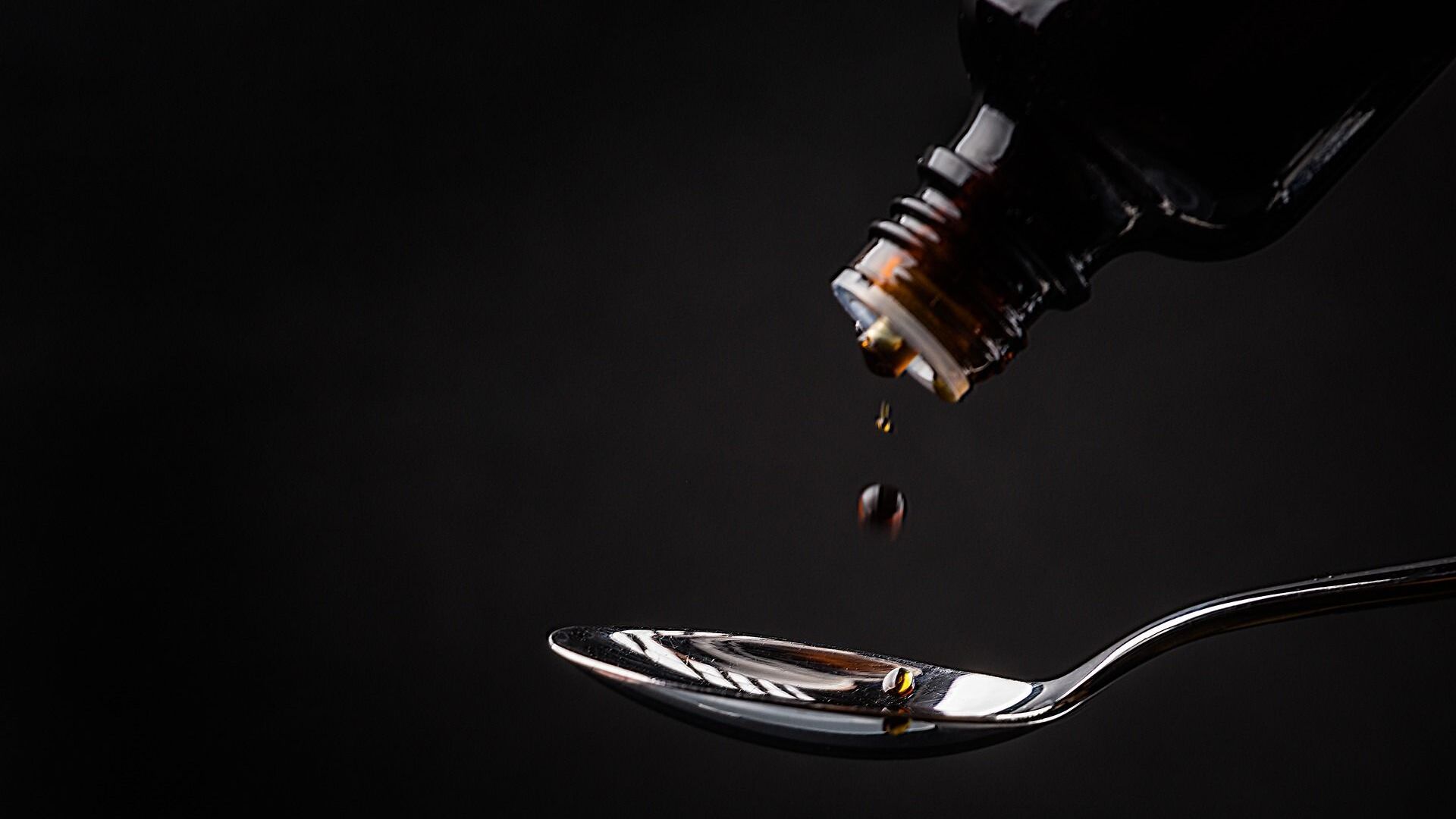https://sputniknews.in/20230112/who-issues-alert-for-two-india-manufactured-syrups-linked-to-child-deaths-472598.html
WHO Issues Alert for Two India-Manufactured Syrups Linked to Child Deaths
WHO Issues Alert for Two India-Manufactured Syrups Linked to Child Deaths
Sputnik India
The World Health Organisation (WHO) has alerted about two cough syrups manufactured by Noida-based pharmaceutical Marion Biotech that should not be prescribed to children.
2023-01-12T11:52+0530
2023-01-12T11:52+0530
2023-01-24T12:29+0530
india
delhi
world news
pharmacy
health
marion biotech
uzbekistan
cough syrup
https://cdn1.img.sputniknews.in/img/07e6/0c/14/167008_0:114:1920:1194_1920x0_80_0_0_f30cfebdca5649deceebc6cf0fcfb048.jpg
The World Health Organization (WHO) has sounded alert about two cough syrups manufactured by India's Noida-based pharmaceutical company Marion Biotech, warning they should in no case be prescribed for children.The two syrups that triggered the alert are AMBRONOL syrup and DOK-1 Max syrup, both produced by the same company.Both of the aforementioned remedies may have marketing authorizations in other Asian countries, and may also have been distributed through informal markets to other regions, the alert suggests.So far, no guarantees have been provided to WHO on the safety and quality of these syrups.The warning came weeks after Marion Biotech's DOK-1 Max syrup allegedly was behind the death of 18 children in Uzbekistan.As per the initial report, the syrups were contaminated with ethylene glycol and diethylene glycol. Ethylene glycol, found in the botched syrups during lab tests, is toxic and banned for use in medicine.
india
delhi
uzbekistan
Sputnik India
feedback.hindi@sputniknews.com
+74956456601
MIA „Rossiya Segodnya“
2023
Deexa Khanduri
https://cdn1.img.sputniknews.in/img/07e6/0c/13/138923_52:0:533:481_100x100_80_0_0_cadf23d341691fc65ff2b22fd1afe584.jpg
Deexa Khanduri
https://cdn1.img.sputniknews.in/img/07e6/0c/13/138923_52:0:533:481_100x100_80_0_0_cadf23d341691fc65ff2b22fd1afe584.jpg
News
en_IN
Sputnik India
feedback.hindi@sputniknews.com
+74956456601
MIA „Rossiya Segodnya“
Sputnik India
feedback.hindi@sputniknews.com
+74956456601
MIA „Rossiya Segodnya“
Deexa Khanduri
https://cdn1.img.sputniknews.in/img/07e6/0c/13/138923_52:0:533:481_100x100_80_0_0_cadf23d341691fc65ff2b22fd1afe584.jpg
ambronol syrup, dok-1 max syrup, marion biotech syrups, who alert on indian syrups, contaminated syrups, cough syrup deaths, deaths from cough syrups in uzbekistan
ambronol syrup, dok-1 max syrup, marion biotech syrups, who alert on indian syrups, contaminated syrups, cough syrup deaths, deaths from cough syrups in uzbekistan
WHO Issues Alert for Two India-Manufactured Syrups Linked to Child Deaths
11:52 12.01.2023 (Updated: 12:29 24.01.2023) Deexa Khanduri
Sputnik correspondent
Last year, dozens of children died in Gambia and Uzbekistan after allegedly consuming botched cough syrups containing toxic substance.
The World Health Organization (WHO) has sounded alert about two cough syrups manufactured by India's Noida-based pharmaceutical company Marion Biotech, warning they should in no case be prescribed for children.
The two syrups that triggered the alert are AMBRONOL syrup and DOK-1 Max syrup, both produced by the same company.
"This WHO Medical Product Alert referred to two substandard (contaminated) products identified in Uzbekistan and reported to WHO on December 22, 2022. Substandard medical products are products that fail to meet quality standards or specifications and are therefore out of specification," the alert says.
Both of the aforementioned remedies may have marketing authorizations in other Asian countries, and may also have been distributed through informal markets to other regions, the alert suggests.
So far, no guarantees have been provided to WHO on the safety and quality of these syrups.
The warning came weeks after Marion Biotech's DOK-1 Max syrup allegedly was behind the
death of 18 children in Uzbekistan.
As per the initial report, the syrups were contaminated with ethylene glycol and diethylene glycol. Ethylene glycol, found in the botched syrups during lab tests, is toxic and banned for use in medicine.


